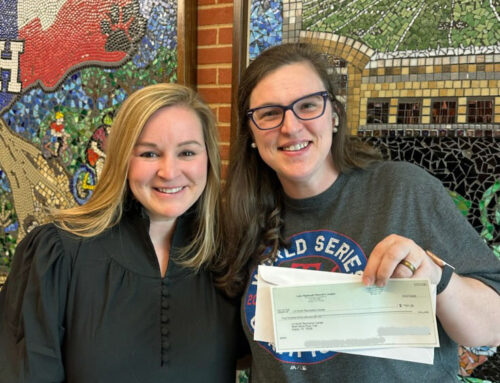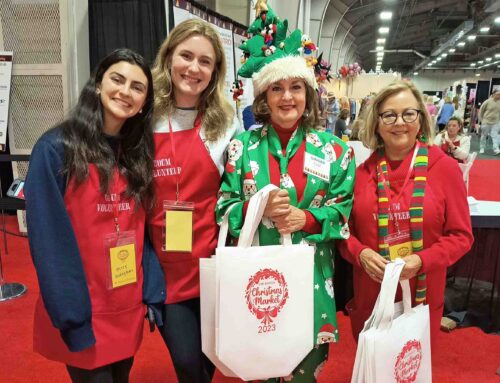Succulent. An annual word used in the main for the well-basted Butterball staring back at us from the Thanksgiving table. Candied yams and dressing (“stuffing” to Yankee transplants) join the proud bird and pumpkin pie as once-a-year supper fare.
We hold hands with family and with friends close enough to be so; we say grace. Thank you, Lord, for all our blessings, especially the gift of this food.
Something like that. And after we say Amen, I wonder, do we really believe our lives and this food are gifts from God?
Pilgrims did, of course. They had survived their first unkind winter here. By fall, some crops had made it, too. They shared a meager meal of thanks that looked like much. Reason to feast. God had guided them across the sea and fed them hope.
Unlike most of us, who earn it. We work hard, produce. What we consume comes from our hands, we think. We think that, because we are told over and over that we are responsible for what we have and don’t have.
A consumer culture depends upon our belief in ourselves, not in God.
It also depends on our belief in scarcity rather than plenty. The more we think we need, the more we will buy in order to be satisfied. But practiced belief in inadequacy leads to ingratitude.
A 40-something friend with a Ph.D. confessed recently: “I am frustrated every day that I am not ‘successful’ at this stage of my life. But every day, I find little good reason to feel that way. I see lots of reasons around the world (about 5 billion of them!) to be profoundly grateful for all that I have. Yet most of the time, I obsess about what I haven’t achieved and don’t have.”
Obsessing over what we don’t have in a job or a car or a spouse or a house saps the soul of gratitude. Unsatisfied, we blame the world or ourselves or God for what we lack.
Despair and resentment rush in.
It takes practice to break the spiritual spells of inadequacy and ingratitude. Thanksgiving Day is practice for every-day thanksgiving. It is food for thought – soul food. Saying grace teaches us that life itself is a gift from God.
Thanksgiving is a daily choice we make more than a holiday we observe.





